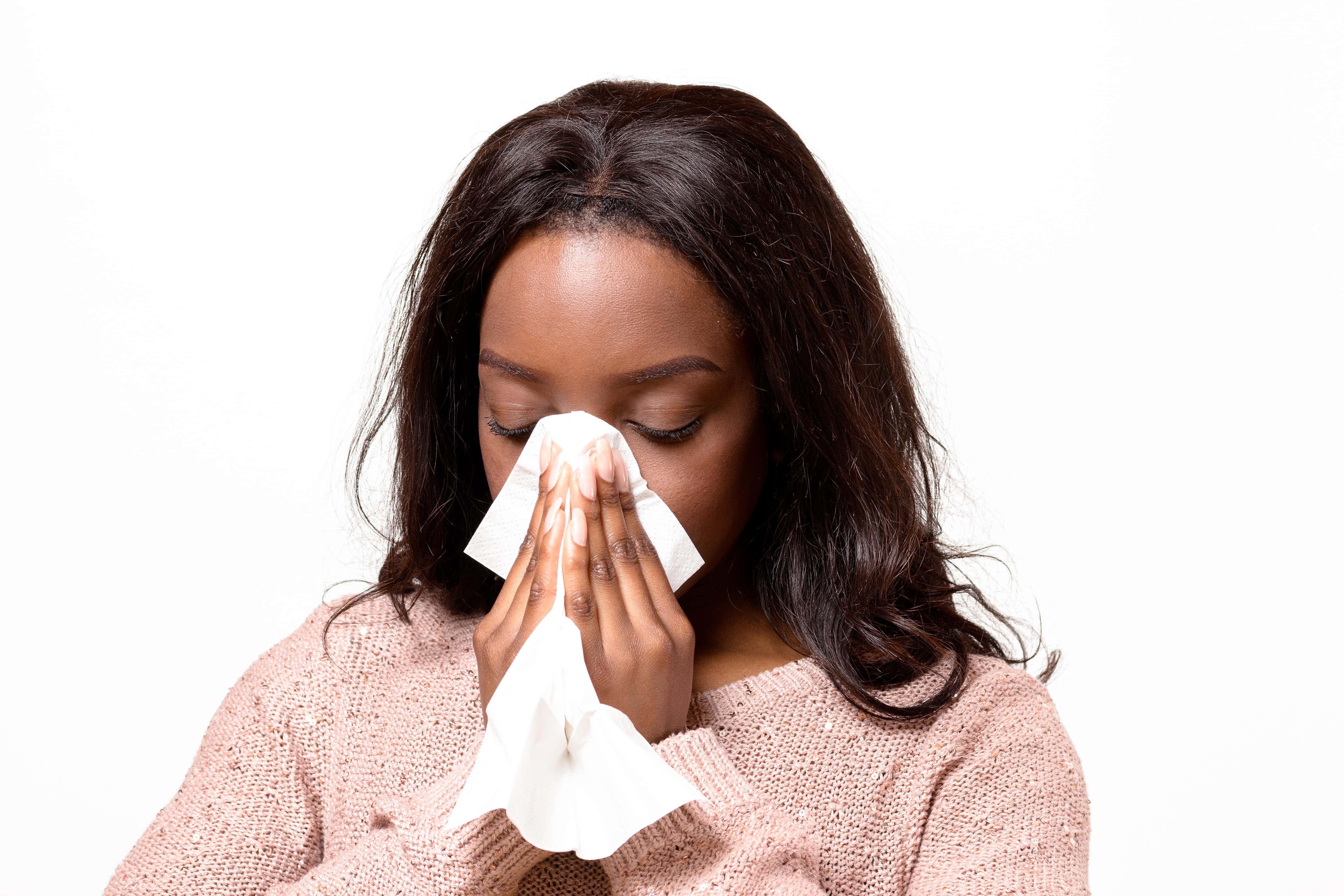High pollen count means hay fever will continue for weeks, Met Office says
High pollen levels are expected over the South of England, Wales and Northern Ireland up to Friday, the Met Office said.

Your support helps us to tell the story
From reproductive rights to climate change to Big Tech, The Independent is on the ground when the story is developing. Whether it's investigating the financials of Elon Musk's pro-Trump PAC or producing our latest documentary, 'The A Word', which shines a light on the American women fighting for reproductive rights, we know how important it is to parse out the facts from the messaging.
At such a critical moment in US history, we need reporters on the ground. Your donation allows us to keep sending journalists to speak to both sides of the story.
The Independent is trusted by Americans across the entire political spectrum. And unlike many other quality news outlets, we choose not to lock Americans out of our reporting and analysis with paywalls. We believe quality journalism should be available to everyone, paid for by those who can afford it.
Your support makes all the difference.Hay fever sufferers could be facing weeks of itchy eyes and sneezing, the Met office has warned.
High levels of pollen are expected across the Midlands and south of England, as well as in all of Wales and Northern Ireland until Friday, the weather service said.
The forecaster said the north east of England and Scotland will see low levels of pollen.
More people will begin to suffer from hay fever as the tree pollen season ends and transitions into the grass pollen season, the Met Office said.
Spokesman Grahame Madge told the PA news agency: “We are now getting into grass season. With it being so dry across the UK, it means grasses are able to shed pollen.
“For sufferers, hay fever has been a feature of the last few days and will continue to be a feature for sufferers over the next few days and weeks.
People think it is such a minor condition but it can have an impact on people's work performance and sleep
“(Sufferers will) only get a respite when the grass has shed all the available pollen or if we get significant rainfall, which will effectively wash the pollen out of the atmosphere.”
Doctor Milli Raizada, GP and senior clinical lecturer at Lancaster University, said students’ exam performances may be affected, especially when they are doing tests.
She told PA: “Exam performance can be affected when pollen levels are highest in the summer months.
“People think it is such a minor condition but it can have an impact on people’s work performance and sleep.
“I think there are lots of theories about why (hay fever) has been so bad. The prolonged cold weather and then the sudden explosion of warm weather has led to very high counts of pollen.”
- Sneezing and coughing
- A runny or blocked nose
- Itchy, red or watery eyes
- Itchy throat, mouth, noses and ears
- A loss of smell
- Pain around the temples and forehead
- Headache
- Earache
- Fatigue
To cope with hay fever, Dr Raizada recommends people take antihistamine tablets or use nasal or steroid sprays to reduce inflammation.
She said antihistamines can be used as a preventative measure a couple of weeks before high pollen levels are expected.
People can also stay inside, keep windows closed and wear sunglasses to reduce the level of pollen they are exposed to, she said.